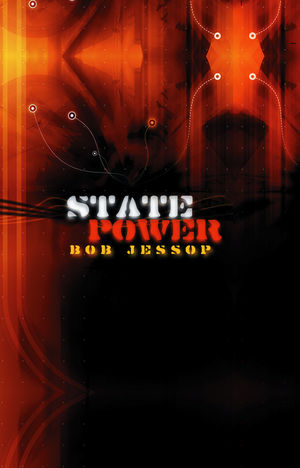State PowerISBN: 978-0-7456-3320-6
Hardcover
200 pages
February 2008, Polity
 This is a Print-on-Demand title. It will be printed specifically to fill your order. Please allow an additional 10-15 days delivery time. The book is not returnable.
Other Available Formats: Paperback
|
||||||
International Socialism
“Definitive, in the fullest sense of the word, State Power represents the culmination of three decades of path-breaking work from the world’s most restlessly creative state theorist. This is Jessop’s tour de force.”
Jamie Peck, University of Wisconsin-Madison
“Bob Jessop has long been one of the most outstanding and
influential contemporary exponents of state theory. In his new book
he returns to reconsider some of the theoretical sources of his own
distinctive strategic-relational approach – Marx, Gramsci,
Foucault, and, above all, Nicos Poulantzas – before, suitably
refreshed, addressing more substantive issues. The resulting
reflections will be of great value to anyone struggling to make
sense of the state in the era of neo-liberal
globalization.”
Alex Callinicos, King’s College London
“Not for the first time, Bob Jessop's theoretically
sophisticated and empirically astute dissection of social and
political trends serves to breathe fresh life into the theory of
the capitalist state. Yet what sets this work apart, above all, is
the way in which it draws together three decades of profound
insight into a tightly integrated framework for social, political
and economic analysis. This, the most complete statement of the
strategic-relational approach, should be required reading for all
analysts, students and, ideally, all agents and subjects of state
power.”
Colin Hay, University of Sheffield



